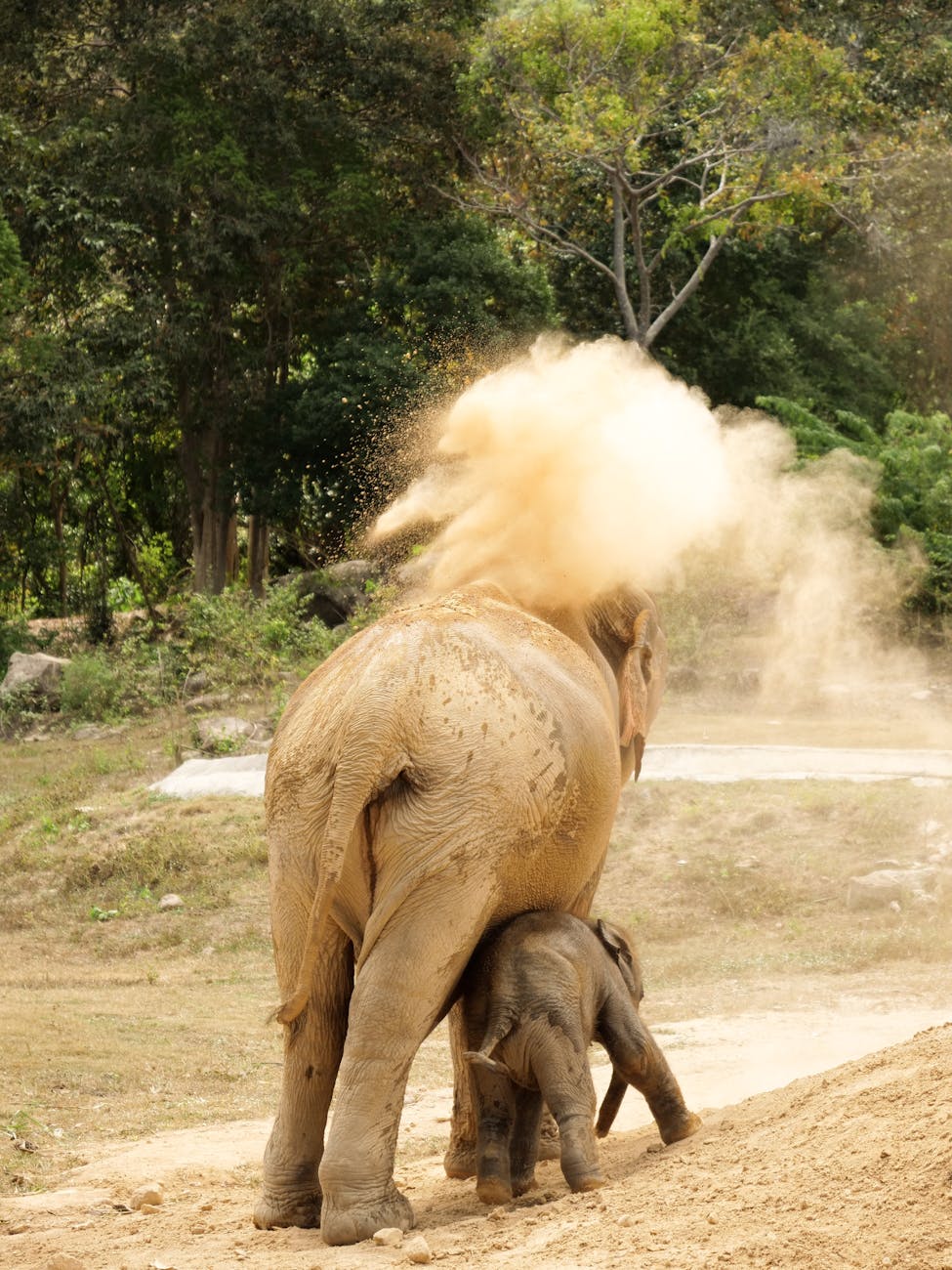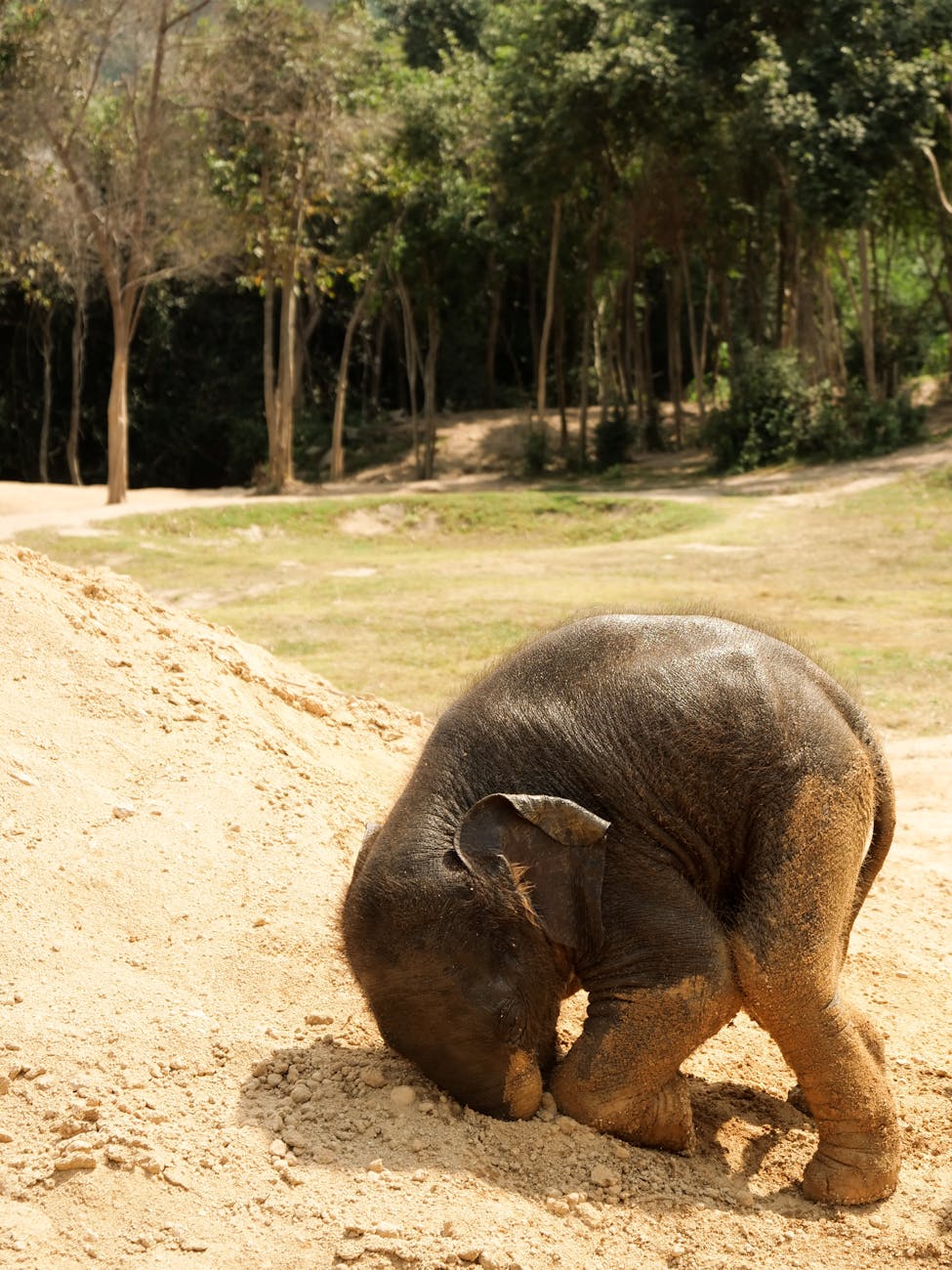Embarking on a trip to Thailand not only evokes imagery of stunning beaches and rich culture; it also presents a fantastic opportunity for those seeking exhilarating wildlife safaris. With its lush jungles, diverse ecosystems, and vast array of wildlife, Thailand stands out as a hidden gem for safari enthusiasts. Is Thailand the ultimate destination for an unforgettable wildlife encounter? This blog delves deep into the incredible experiences waiting in this beautiful country, making a solid case for Thailand’s position as a premier wildlife safari destination.
From the breathtaking national parks to the unique wildlife experiences, travelers are sure to find adventures that go beyond all expectations. This comprehensive guide aims to provide insights into the thrilling encounters available in Thailand’s wilderness while answering vital questions regarding planning your wildlife safari. Prepare to be captivated as we explore the wonders of this vibrant country, focusing on how it can deliver unforgettable moments for every nature lover.
Table of Contents
- The Best National Parks for Wildlife Safaris
- Unique Wildlife Species You Can Encounter
- Ecotourism: A Sustainable Approach to Wildlife Safaris
- Planning Your Trip: Tips and Considerations
- Experiential Travel: Making the Most of Your Safari
- Time to Start Your Adventure
The Best National Parks for Wildlife Safaris
When discussing wildlife safaris in Thailand, several national parks come to mind, each offering distinct environments brimming with diverse fauna and flora. Kaeng Krachan National Park, the largest national park in Thailand, welcomes guests with its sprawling rainforests and picturesque waterfalls, perfect for spotting elephants, tapirs, and a multitude of bird species. This rainforest ecosystem presents a unique opportunity to observe wildlife in their natural habitats. Moreover, the Khao Sok National Park, with its ancient rainforest and stunning limestone cliffs, offers guided tours where visitors can witness the majesty of gibbons, deer, and, therefore, an unforgettable experience.
Additionally, Khao Yai National Park should not be overlooked. It is a UNESCO World Heritage site renowned for its scenic landscapes and diverse wildlife, which includes Asian elephants and various bird species, adding to its appeal. Exploring these habitats will grant you a deeper understanding of Thailand’s biodiversity and the importance of conserving such beautiful natural regions. Whether it be by foot or through an adventurous jeep safari, traversing these environments opens doors to incredible wildlife encounters not easily found elsewhere.
Unique Wildlife Species You Can Encounter
Thailand’s wildlife is nothing short of extraordinary. The ranges of ecosystems house several unique animal species that will leave you in awe. For instance, the world’s smallest mammal, the bumblebee bat, can be found in Thailand. This unusual creature inhabits limestone caves and presents a fascinating experience for wildlife enthusiasts. On the other hand, the majestic Siamese crocodile, which is critically endangered, signifies the need for conscious tourism practices in the region.
Equally captivating is observing the iconic Indochinese tiger, which prowls the forests of Khao Yai National Park. Witnessing these magnificent creatures in their natural setting truly confirms why Thailand is considered a top destination for wildlife safaris. Additionally, don’t miss your chance to see the stunning clouded leopard, known for its elusive nature, or the elegant sarus crane in local wetlands. These unique wildlife sightings serve as a testament to Thailand’s rich biodiversity and a driving factor for nature lovers in search of authentic adventures.
Ecotourism: A Sustainable Approach to Wildlife Safaris
As travelers become more conscious of their impact on the environment, ecotourism in Thailand is gaining traction. Emphasizing sustainable practices, many tour operators are committed to protecting wildlife and their habitats while providing extraordinary safari experiences. By choosing eco-friendly tours, you play a crucial role in supporting local conservation efforts, contributing to preserving the natural beauty of Thailand.
Many programs prioritize wildlife welfare and conservation, offering an enriching experience for tourists and a sustainable framework for preserving the delicate ecosystems. Engaging with local communities fosters a deeper appreciation for their customs while ensuring that your travel contributes positively to their livelihoods. In exploring these practices, you solidify the notion that pursuing wildlife safaris in Thailand isn’t simply about witnessing breathtaking animals but also about understanding the broader context of conservation and cultural integrity.
Planning Your Trip: Tips and Considerations
Planning an unforgettable wildlife safari in Thailand requires consideration of various factors. First and foremost, identifying the best time to visit is crucial. The dry season, which generally runs from November to April, provides optimal wildlife spotting opportunities due to diminished water sources, prompting animals to congregate in viewable areas. Researching specific parks you wish to visit will also allow for more tailored experiences, ensuring that you are able to witness the most captivating wildlife the region has to offer.
Moreover, selecting reputable tour operators is essential to ensure a safe and responsible adventure. These operators possess in-depth knowledge of local practices and are skilled in maximizing your safari experience without jeopardizing wildlife welfare. Additionally, packing necessities such as binoculars, sun protection, and insect repellent is key to enhancing your encounters in nature. Ultimately, careful planning guarantees a richer, more meaningful connection to the enchanting wildlife awaiting you in Thailand.
Experiential Travel: Making the Most of Your Safari
In the realm of travel, experiential opportunities transcend traditional tourism, creating lasting memories intertwined with unique wildlife encounters. Engaging in local customs, such as joining villagers for traditional fishing, allows for a deeper understanding of the ecosystem and its interdependence on human activities, enriching your wildlife safari experience. Opting for overnight camps and guided night safaris exposes you to a completely different wildlife experience, opening the door to nocturnal creatures that generally remain hidden during the day.
Furthermore, embracing interactions with local conservation projects offers remarkable insights into the challenges and successes wildlife faces. Volunteering or participating in hands-on activities can heighten your connection to nature while supporting efforts to protect these animal inhabitants. Ultimately, the mission is to create an unforgettable experience where personal connections and respect for wildlife blend seamlessly throughout one’s journey in Thailand.
Time to Start Your Adventure
Your unforgettable journey into the heart of Thailand’s wildlife awaits. With its breathtaking landscapes, diverse ecosystems, and unique animal encounters, Thailand undeniably stands as the ultimate destination for exhilarating wildlife safaris. By committing yourself to experience the raw beauty of nature while caring for conservation efforts, you embark on an extraordinary adventure that enriches both your life and the planet.
Frequently Asked Questions
1. What is the best time to go on a wildlife safari in Thailand?
The best time for wildlife safaris in Thailand is during the dry season, typically from November to April. The animals are more active and visible during this time, enhancing the safari experience.
2. Are there specific national parks to visit for safaris?
Definitely! Kaeng Krachan National Park, Khao Sok National Park, and Khao Yai National Park are some of the most popular options for an exhilarating safari experience filled with diverse wildlife.
3. How can ecotourism contribute to wildlife conservation?
Ecotourism promotes sustainable travel practices, ensuring that tourism supports local conservation efforts and wildlife protection while offering tourists authentic experiences and respect for the environment.
4. What should I pack for a wildlife safari in Thailand?
Pack essentials such as binoculars, comfortable hiking shoes, sun protection, insect repellent, and a reusable water bottle to stay hydrated while exploring the wilderness.
Image Credit: Pexels





